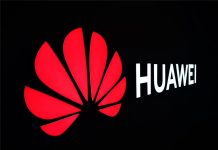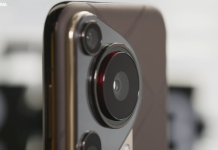Huawei, which was ranked as the world’s leading smartphone brand for the second quarter of this year, is now struggling to keep its business afloat. The company is now battling for the survival against the US sanctions and has a few tricks up its sleeves.
Guo Ping, Huawei’s rotating chairman, has said that the company is now focusing on the development of its HMS ecosystem. After getting banned from using Google services last year, the company developed its own Huawei Mobile Services (HMS) and made it available for all, as a replacement for Google.

He has also added that the company will continue to invest in connectivity, high-performance computing, cloud technology, and artificial intelligence. Guo also added that the company will continue to support supply chain partners who still work with Huawei.
It is also confirmed that Huawei has sufficient chips for the telecom equipment, server, and cloud business, as we previously reported. However, Guo Ping said that the company is still looking for solutions for the smartphone chipsets, which the company needs hundreds of millions every year. He added that the company is willing to procure chips from U.S.-based companies who receive the license from the government, including its rival Qualcomm.
EDITOR’S PICK: Samsung Galaxy A42 5G could launch as the first Snapdragon 750G powered smartphone
Zhang Ping An, President of Huawei’s Consumer Cloud Services said that the company is in talks with Chinese vendors to expand the usage of HarmonyOS. If the Chinese giant manages to convince smartphone makers to adopt HarmonyOS, even only for the Chinese market, then it could be a major blow to Google’s Android.
Recently, AMD and Intel confirmed that they have been granted a license by the United States to continue doing business with Huawei, but the scope is not yet known. Apart from them, MediaTek and SMIC have also applied for a license to supply chipsets to Huawei.
Currently, all the major suppliers of Huawei, including TSMC, Samsung Electronics, SK Hynix, Kioxia, Sharp, Micron, and Sony have stopped doing business with Huawei in order to comply with the new U.S. regulations.
UP NEXT: Xiaomi all set to launch its new 8K 5G Smart TV in China on September 28th







